Information/Write-up
Bobby Curtola – Canada’s First Teen Idol
Bobby Curtola was born in Port Arthur, Ontario (now Thunder Bay) on April 17, 1943, and grew up like many kids of his generation—dreaming of the excitement he heard pouring out of the radio. By his mid-teens he was singing at sock hops with his band, the Bobcats, and pumping gas at his father’s garage to help pay for the adventure. What set him apart was a voice both smooth and powerful, and the movie-star looks that instantly won over teenage crowds.
His big break came in 1960 when brothers Dyer and Basil Hudson, who had just launched the Tartan label, whisked him into the studio. The debut single, Hand in Hand With You, sparked local buzz and set Curtola on the path to stardom. More hits quickly followed, including Don’t You Sweetheart Me, I’ll Never Be Alone Again, and the million-selling Fortune Teller, a song that made him an international star. Thanks in part to Vancouver DJ Red Robinson’s tireless promotion, Fortune Teller spread from Canadian stations down the U.S. coast to Hawaii, making Curtola one of the first Canadian pop singers to earn a gold record abroad.
By the early 1960s, “Curtolamania” was in full swing. He was touring Canada and the U.S. with his backing band the Martells, playing Dick Clark’s Cavalcade of Stars, and appearing on television programs such as American Bandstand and Britain’s Thank Your Lucky Stars. He even met the Beatles on an early trip to the U.K. At home, he became a familiar presence on national television—hosting After Four and Shake, emceeing the Miss Canada pageant, and singing jingles for national brands.
Curtola’s chart run was remarkable: 25 gold singles and 12 gold albums through the 1960s, capped by the 1966 RPM Award for Best Male Vocalist. He also pioneered the model of the Canadian touring pop star, crisscrossing the country at a time when most acts still looked abroad to make their careers.
As the 1970s dawned, Curtola transitioned smoothly into the world of adult entertainment, in the tradition of Frank Sinatra and other crooners. A 1972 album for the Canadian Talent Library showcased his more sophisticated style, and soon he was headlining showrooms for the Howard Hughes hotel chain—a lucrative gig that lasted more than twenty years.
Though his teenage idol days faded, Curtola’s influence endured. He proved that a Canadian singer could break nationally and internationally, paving the way for later stars in the post–CanCon era. Appointed to the Order of Canada for his contributions to music and community life, Bobby Curtola remains a symbol of the optimism and energy of Canadian pop’s formative years—a boy from Thunder Bay who turned youthful charm and undeniable talent into a career that spanned decades.
-Robert Williston
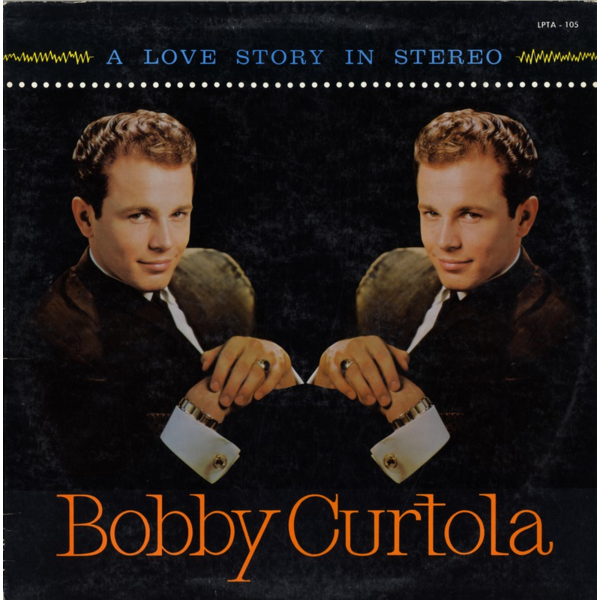
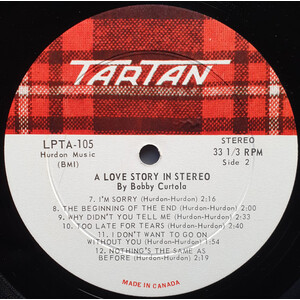
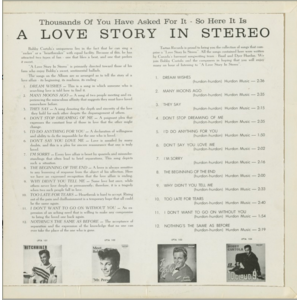
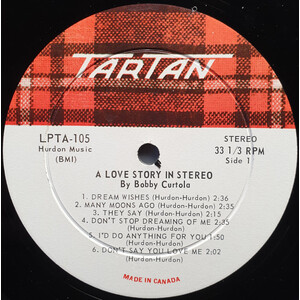
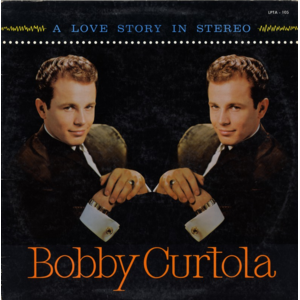
No Comments